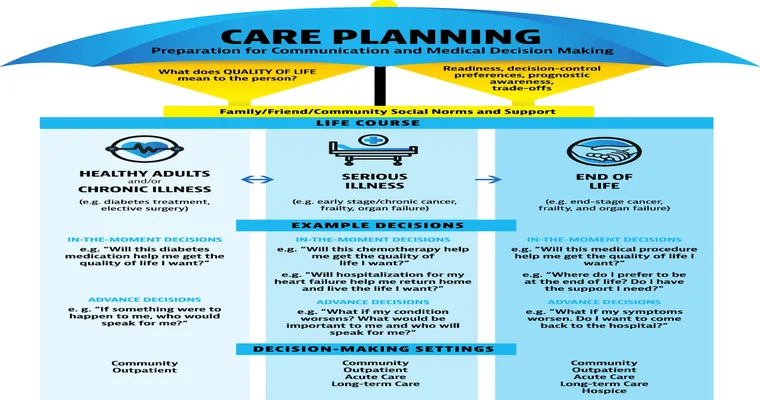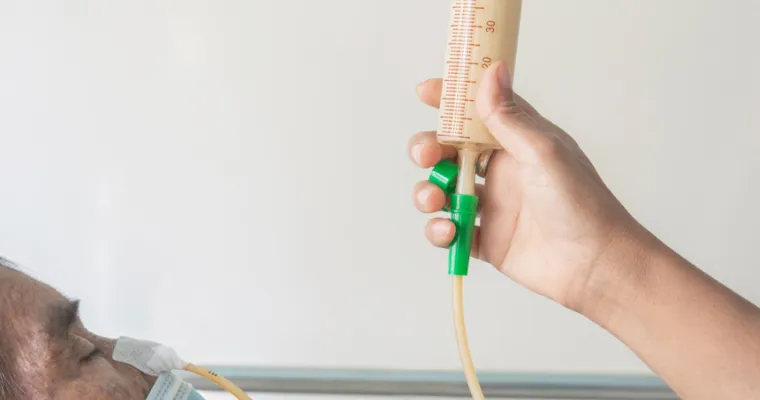In an unpredictable world, "Advance Care Directives" serve as a crucial tool for individuals to outline their preferences for medical treatment and healthcare decisions when they can no longer communicate their wishes. These directives ensure that your choices regarding "end-of-life care", "medical interventions", and "healthcare proxies" are respected, providing peace of mind for you and your loved ones. Understanding how to create an effective advance care directive is essential for anyone looking to prepare for the unforeseen future.
What Are Advance Care Directives?
"Advance Care Directives" are legal documents that allow you to articulate your healthcare preferences in advance. They come into play primarily when a person is incapacitated due to illness or injury and cannot make decisions about their treatment. These directives can outline specific medical treatments you do or do not want and designate a trusted individual to make decisions on your behalf, often referred to as a "healthcare proxy" or "power of attorney".
Why Are Advance Care Directives Important?
Creating an advance care directive is important for several reasons. First, it ensures that your "personal values" and "beliefs" about healthcare are honored, even when you cannot communicate them. This can alleviate stress for family members who might otherwise have to make difficult decisions without knowing your wishes. Furthermore, having a clear directive can help avoid potential conflicts among family members regarding treatment choices, ensuring a smoother process during a challenging time.
How to Create an Advance Care Directive
Creating an advance care directive involves several key steps:
1. "Reflect on Your Values": Consider what matters most to you regarding your health and end-of-life care. Think about your beliefs, fears, and what you want for your quality of life.
2. "Consult Healthcare Professionals": Speak with your doctor or a healthcare provider about your medical conditions and treatment options. Understanding your health status can help you make informed decisions.
3. "Choose a Healthcare Proxy": Select someone you trust to act on your behalf if you cannot make decisions. This person should understand your values and be willing to advocate for your wishes.
4. "Draft the Document": Use a template or consult an attorney to draft your advance care directive. Ensure that it complies with your state’s laws, as requirements can vary.
5. "Discuss Your Directive": Share your advance care directive with your family, friends, and healthcare providers. Open discussions can help ensure everyone understands your wishes.
6. "Review and Update Regularly": Life circumstances change, and so may your preferences. Regularly review and update your advance care directive to reflect any changes in your health or personal beliefs.
Common Misconceptions About Advance Care Directives
Many people have misconceptions about "advance care directives". One common myth is that creating these documents is only for the elderly or those with terminal illnesses. In reality, anyone over the age of 18 can benefit from having an advance care directive, as unforeseen medical emergencies can happen at any age. Another misconception is that advance care directives are unchangeable; however, they can be revised or revoked at any time as your wishes evolve.
Conclusion
In conclusion, "Advance Care Directives" are a vital aspect of preparing for the future, allowing individuals to express their healthcare preferences and ensure their wishes are honored. By taking the time to create a clear and comprehensive directive, you can provide peace of mind for yourself and your loved ones, knowing that your values and desires will be respected in times of uncertainty. Don't wait for the unforeseeable to happen; take proactive steps today to prepare for whatever lies ahead.





